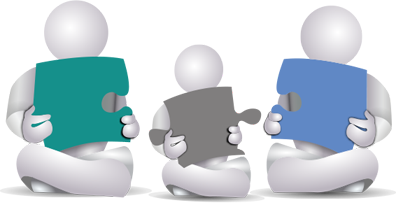Social Care


If you need help with day-to-day living because of an illness or disability, you may be able to get support from Social Care.
Social Care Services can support you with:
- learning disabilities
- physical disabilities or illness
- mental illness
This support can cover:
- practical activities
- personal care
- social work
This service is to help you live safely and comfortably.

Social Care can include a lot of services including:
- advocacy - someone to help you say what support you need
- community activities
- day centres or drop-in centres
- making sure homes are adapted to meet your needs
- financial support - help with money
- personal care
- giving information and advice
- residential care
- specialist equipment
- support for carers - the people who help you
- supported living


If you think you might need help from Social Care, you should ask your local authority Social Services Department for a 'needs or eligibility assessment'. This will help them understand what type of services you might need or be entitled to. Entitled means you have a legal right to something.
Social Care services are means-tested. This means how care is funded depends on your financial situation.
Social Care can be:
- paid for by the local authority
- paid for by you or your family
- paid for by both the local authority and you or your family

Personal Independence Payment (PIP)
A Personal Independence Payment, sometimes called PIP is a benefit from the Department for Work and Pensions.
It helps with some of the extra costs you have to pay when you have long term ill health or a disability.
You must be 16 years old or over to claim PlP.
You can claim other benefits when you get Personal Independence Payment.
You can still claim Personal Independence Payment if:
- you are in work or out of work
- you have money saved in the bank
- you are in training or education (like school or college)
How much money you get depends on how your health condition stops you doing daily activities.
PIP can help you if:
- you find it hard to do daily activities
- you find it hard to get out and about on your own
- you have had these difficulties for at least 3 months
- these difficulties could last for 9 months or more
Your health condition or disability could mean:
- you need support with daily activities
- you may not be able to do some activities at all
You may need support from someone:
- to help you do a task
- to be with you and remind you to do a task
- making a meal or eating food
- reading something like a newspaper or a book
- talking to people
- meeting people and spending time with them
- getting washed, having a bath or shower
- getting out and about
For more information on PlP you can speak to us or go to the Government website.
Share this page:
